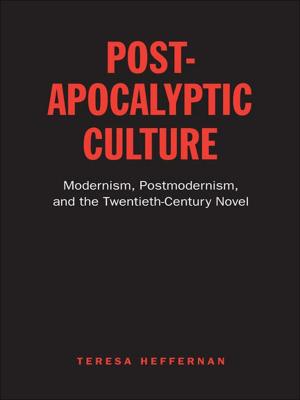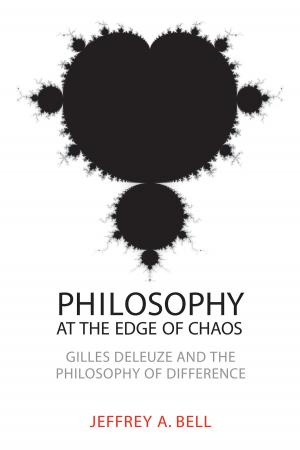Veiled Figures
Women, Modernity, and the Spectres of Orientalism
Nonfiction, Social & Cultural Studies, Social Science, Sociology, Urban, Gender Studies, Fiction & Literature, Literary Theory & Criticism| Author: | Teresa Heffernan | ISBN: | 9781442624924 |
| Publisher: | University of Toronto Press, Scholarly Publishing Division | Publication: | May 12, 2016 |
| Imprint: | Language: | English |
| Author: | Teresa Heffernan |
| ISBN: | 9781442624924 |
| Publisher: | University of Toronto Press, Scholarly Publishing Division |
| Publication: | May 12, 2016 |
| Imprint: | |
| Language: | English |
Since the September 11, 2001 terrorist attacks, public debates about Islam and the veil have become increasingly divisive. Yet few acknowledge that this fascination with veiling goes back more than three centuries.
In Veiled Figures, Teresa Heffernan explores how the clash of civilizations is perpetuated by the rhetoric of veiling and unveiling. Drawing on travel narratives, harem literature, and other stories, Heffernan argues that women’s bodies have been used to exacerbate the divide between religion and reason in the eighteenth century, the Islamic umma and the Western nation in the nineteenth, and Islamism and global capitalism in the contemporary period.
Through the study of the writings of Lady Mary Wortley Montagu, Anna Bowman Dodd, Demetra Vaka Brown, Zeyneb Hanoum, and others, Heffernan’s book demonstrates the ways in which these works complicate and interrupt these divides, opening up new opportunities for a more constructive dialogue between East and West.
Since the September 11, 2001 terrorist attacks, public debates about Islam and the veil have become increasingly divisive. Yet few acknowledge that this fascination with veiling goes back more than three centuries.
In Veiled Figures, Teresa Heffernan explores how the clash of civilizations is perpetuated by the rhetoric of veiling and unveiling. Drawing on travel narratives, harem literature, and other stories, Heffernan argues that women’s bodies have been used to exacerbate the divide between religion and reason in the eighteenth century, the Islamic umma and the Western nation in the nineteenth, and Islamism and global capitalism in the contemporary period.
Through the study of the writings of Lady Mary Wortley Montagu, Anna Bowman Dodd, Demetra Vaka Brown, Zeyneb Hanoum, and others, Heffernan’s book demonstrates the ways in which these works complicate and interrupt these divides, opening up new opportunities for a more constructive dialogue between East and West.















